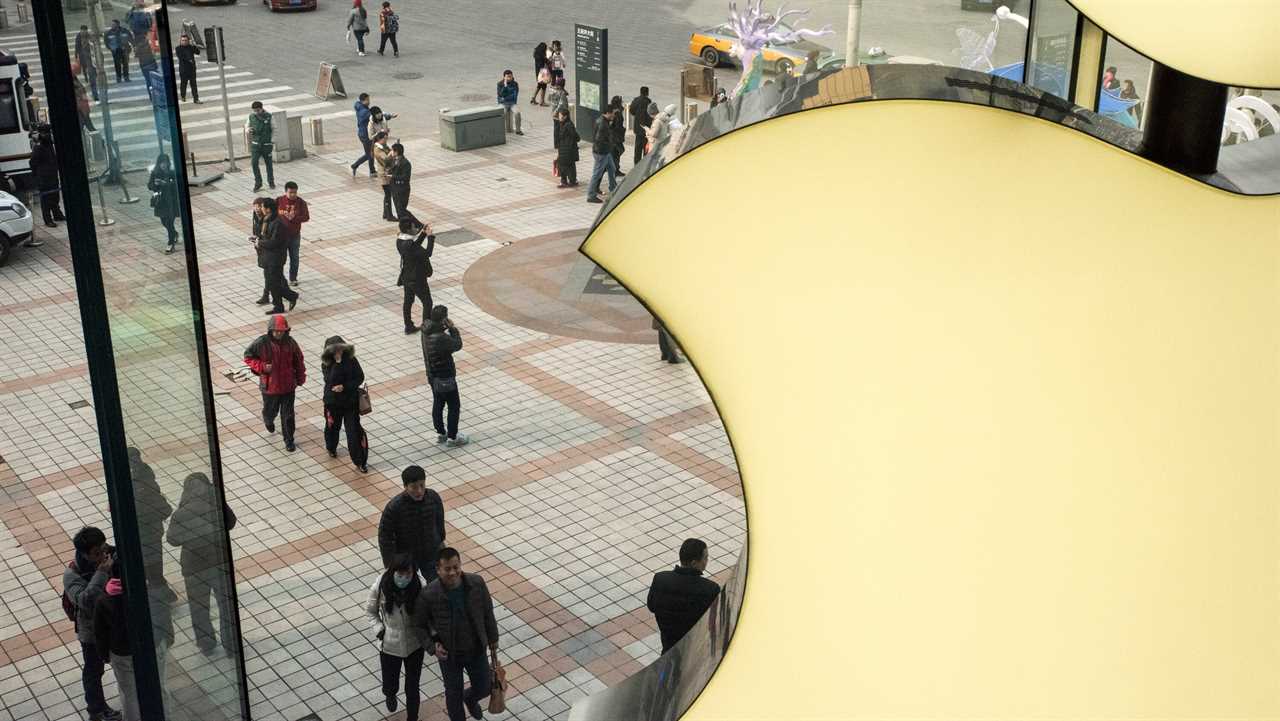
Over two decades, Apple built the world’s most valuable company on top of China. It now assembles nearly all of its products in the country and generates a fifth of its sales there. In turn, the Chinese government has pressured Apple executives to make compromises that flout the values they espouse.
An investigation by The New York Times revealed how Apple has risked its Chinese customers’ data and aided the Chinese government’s censorship. Here are five takeaways:
Apple stores customer data on Chinese government servers.
In response to a 2017 Chinese law, Apple agreed to move its Chinese customers’ data to China and onto computers owned and run by a Chinese state-owned company.
Chinese government workers physically control and operate the data center. Apple agreed to store the digital keys that unlock its Chinese customers’ information in those data centers. And Apple abandoned the encryption technology it uses in other data centers after China wouldn’t allow it.
Independent security experts and Apple engineers said Apple’s concessions would make it nearly impossible for the company to stop Chinese authorities from gaining access to the emails, photos, contacts, calendars and location data of Apple’s Chinese customers.
Apple said it had retained control of the keys to the data and was using more advanced encryption technology in China than in other countries. “We have never compromised the security of our users or their data in China or anywhere we operate,” the company said in a statement.
Apple now shares customer data with the Chinese government.
U.S. law has long prohibited Apple from turning over data to the Chinese authorities. But in moving data to China, Apple created a legal arrangement with the Chinese government that gets around U.S. laws.






